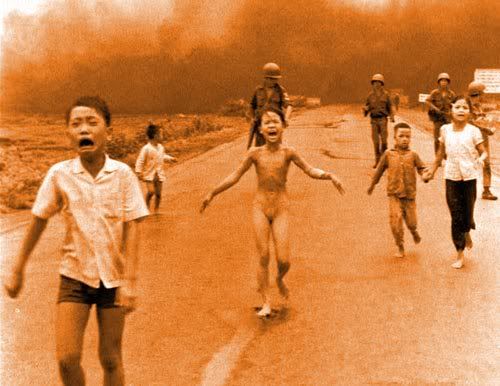
Whoever has the voodoo doll inflicting sudden pains at random moments, could you kindly return it? Or at least, pull out a few pins? Thank you.



 ments with mustard gas in World War II. Maybe there is a time for this -- could something so many people believe in be wrong? -- but conventional war did not work in Vietnam and seems unlikely to be effective in Iraq, where our concern now is to leave in a way that minimizes the damage we have done. Just as people believe in war, they believe that we can use violence to destroy cancer and set the stage for health. I respect the power and industrial efficiency of these approaches, but do they recognize the true richness of disease and healing? Do they look for short-term gains - mission accomplished -- while ignoring the long-term implications? Each battle destroys infrastructure and trust, inciting future revolutions, setting us up for the next war.
ments with mustard gas in World War II. Maybe there is a time for this -- could something so many people believe in be wrong? -- but conventional war did not work in Vietnam and seems unlikely to be effective in Iraq, where our concern now is to leave in a way that minimizes the damage we have done. Just as people believe in war, they believe that we can use violence to destroy cancer and set the stage for health. I respect the power and industrial efficiency of these approaches, but do they recognize the true richness of disease and healing? Do they look for short-term gains - mission accomplished -- while ignoring the long-term implications? Each battle destroys infrastructure and trust, inciting future revolutions, setting us up for the next war. ll me. I am no fool. I recognize this. I am sick. I am tired. I am hungry. I face death at every turn. But the cancer is not outside myself. It is within. It is my Vietnam. It my heart of darkness, the meeting with Mista Kurtz in a jungle that redefines you or consumes you. There is no substitute for the journey, no shortcuts, no unmanned vehicles to fly above the fray. You need boots on the ground to come face to face with yourself in the stark horror of real life. This is not a war. It is a crucible we must pass through on our way to either death or new life.
ll me. I am no fool. I recognize this. I am sick. I am tired. I am hungry. I face death at every turn. But the cancer is not outside myself. It is within. It is my Vietnam. It my heart of darkness, the meeting with Mista Kurtz in a jungle that redefines you or consumes you. There is no substitute for the journey, no shortcuts, no unmanned vehicles to fly above the fray. You need boots on the ground to come face to face with yourself in the stark horror of real life. This is not a war. It is a crucible we must pass through on our way to either death or new life.
